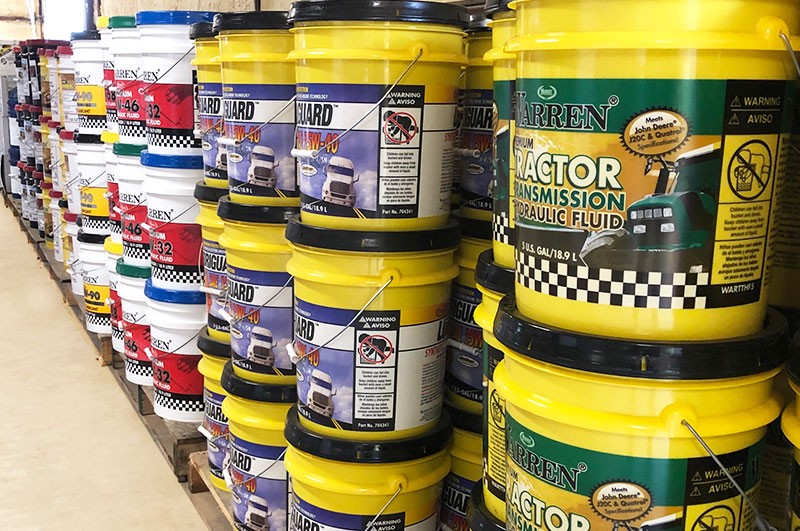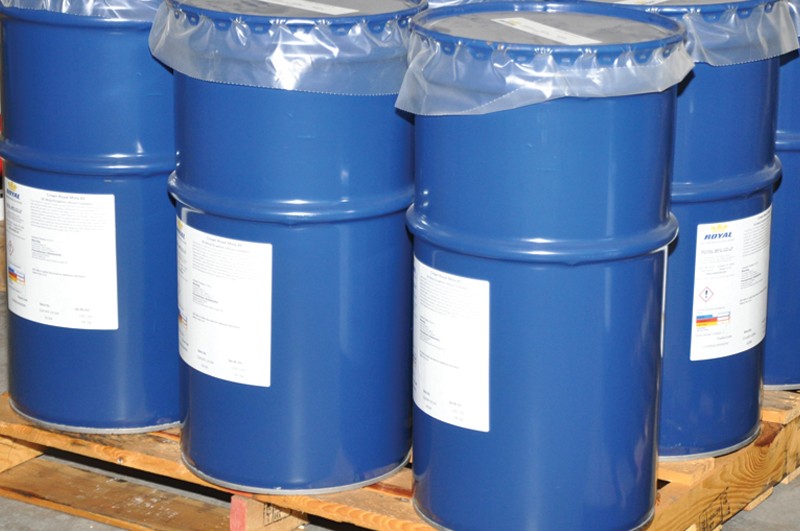
The function of a lubricant is pretty simple when you think about it. It’s mostly about reducing the friction between moving parts and surfaces, but lubrication also plays a myriad of other roles, including reducing the wear and tear of equipment, increasing viscosity, protecting against corrosion, reducing contamination by moving foreign particles, and distributing heat.
Whether you are managing a fleet or servicing machinery in the field, the need for proper lubrication on all of your equipment is crucial to maximize efficiency and limit downtime. This becomes challenging, given the wide array of lubricants available and the number of truck and equipment models. It is imperative to match the proper lubricant with each manufacturer’s specifications.
Lubricants are not one size fits all, so it is important to educate yourself on basic lubrication types and brush up on some tips for selecting the right lubricants for your specific equipment needs.

There are many varieties and formulations of industrial lubricants that are each designed to meet a variety of applications with specific regulations and standards.
Oil lubricants, the most commonly used type of lubricant due to its use in most motor vehicles on the roads today, are liquid based and are used to coat the gears inside of gear boxes and transmissions’, lubricate vehicle engines and other machinery components to reduce viscosity to prevent overheating due to too much friction. Oil lubricants are available in conventional formulas, derived from crude oils with additives, as well as, synthetic and semi-synthetic formulas, which have their advantages but are more costly.
Grease, a semi-solid lubricant that is made up of a mineral or vegetable oil base, thickeners, and additives to enhance performance is highly viscous. Grease is applied to a surface in a paste like consistency and is rubbed into the surface to coat with a film of lubrication. Greases are applicable to a variety of machines, operations and conditions, such as cables, plain bearings, rolling-element bearings, linear bearings, ball screws, slideways and seals. Greases are generally applied to mechanisms where oils would not stay put or where lubrication is performed less frequently.
Dry lubricants, despite their solid form, are effective in the reduction of friction. Unlike oil and grease lubricants which attract dust particles, dry lubricants will not clog or gum up when dust is present. Dry lubricants are useful where conventional lubricants are difficult to apply or retain.
Selecting the right lubricant can be tricky. That’s why the lubrication experts at Bear Oil Company are available to assist you in choosing the lubricants that best meet your equipment specifications and will factor in the application and environmental conditions when making recommendations.
In order to boost the performance of your equipment and save yourself from costly downtime and repair expenses due to improper lubrication of your equipment, allow our skilled and knowledgeable staff to be your guide to proper lubrication.
We keep a wide variety of lubricants in stock for pick-up, or we also provide on-site delivery. Available products include:
Bear Oil Company knows South Central Texas, and understand the conditions your equipment work in. We can help you in determining the best lubricant options for your equipment and applicant need. Contact us to talk to an expert today!
When you subscribe to the blog, we will send you an e-mail when there are new updates on the site so you wouldn't miss them.